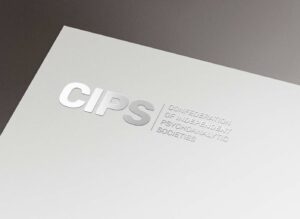
Letter from the President of CIPS
The CIPS origin story began in the 1990’s as a community drawn together to support the interests of the first North American independent psychoanalytic societies admitted to the IPA as component members.
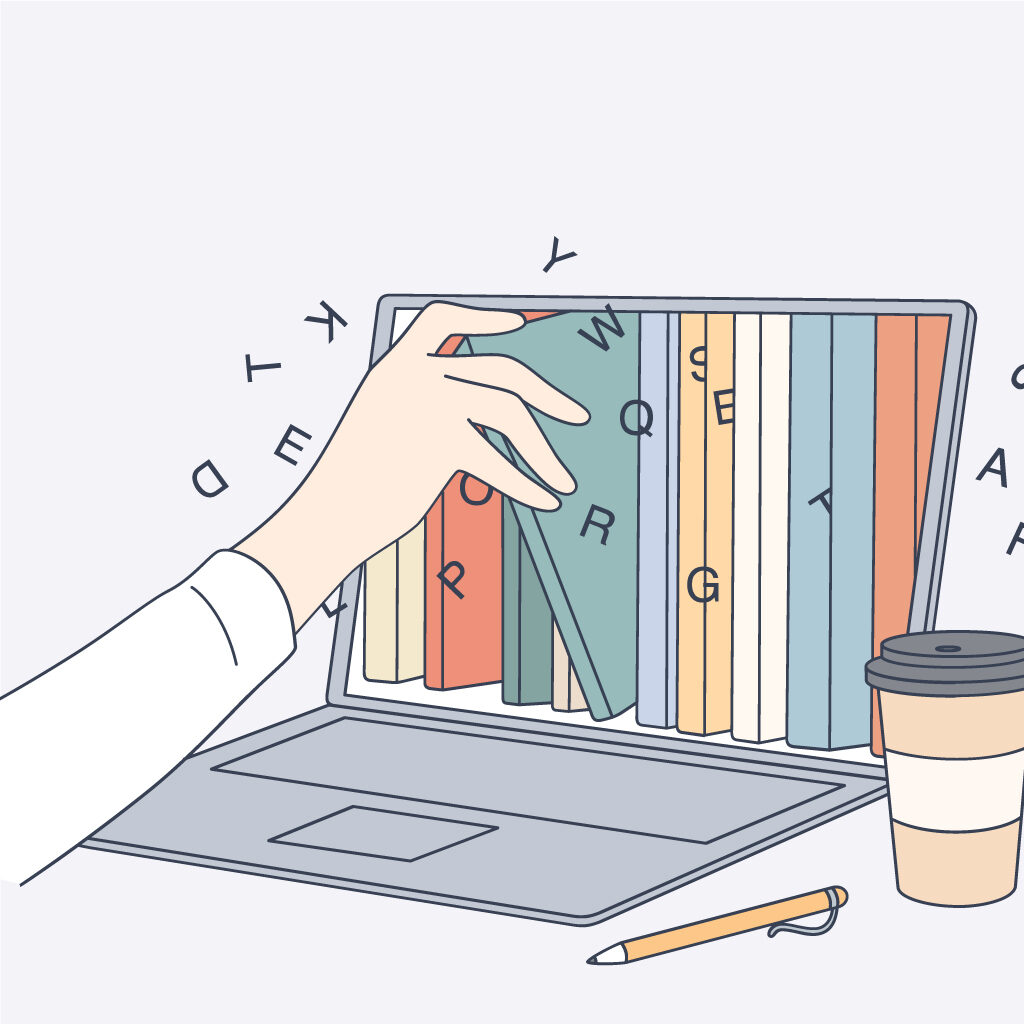
Spring 2022
Dear CIPS Community,
The message is not the medium here, but let’s pause to appreciate NewsBriefs new medium! Thanks to the CIPS Board and the creative and technical talent of Mafe Izaguirre, we at NewsBriefs are thrilled to introduce you to our improved, gorgeous, and easy-to-navigate contemporary format.
NewsBriefs Sections

The CIPS origin story began in the 1990’s as a community drawn together to support the interests of the first North American independent psychoanalytic societies admitted to the IPA as component members.
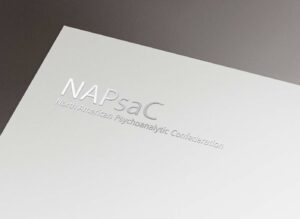
As the President of NAPsaC, I want to update the CIPS on the work that has been accomplished in the nine months since I took office (Editor’s note: i.e, through 2021)…
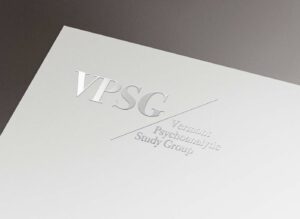
In September 2021, VPSG voted to re-join CIPS after a thoughtful process of reflection about VPSG’s current interests and direction, and the benefits of formally reuniting with other Independent Societies while we are still a study group.

The CIPS origin story began in the 1990’s as a community drawn together to support the interests of the first North American independent psychoanalytic societies admitted to the IPA as component members.

As the President of NAPsaC, I want to update the CIPS on the work that has been accomplished in the nine months since I took office (Editor’s note: i.e, through 2021)…

In September 2021, VPSG voted to re-join CIPS after a thoughtful process of reflection about VPSG’s current interests and direction, and the benefits of formally reuniting with other Independent Societies while we are still a study group.

We want to express our sincere support for and solidarity with all our affected colleagues and our neighbours who are suffering from terrible material and psychic trauma.

We want to express our sincere support for and solidarity with all our affected colleagues and our neighbours who are suffering from terrible material and psychic trauma.
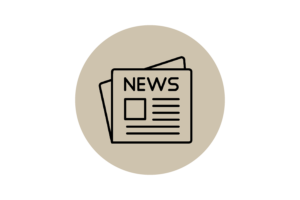
Reporter: Mary Wall, LCSW, FIPA

Reporter: Leslie Wells, LP, FIPA

Reporter: Beth Siegel, PsyD, FIPA

Reporter: David Parnes, LICSW, FIPA

Reporter: Susan Mitchell, PhD, FIPA

Reporter: Drew Tillotson, PsyD, FIPA

Reporter: Leslie Wells, LP, FIPA

Reporter: Mary Wall, LCSW, FIPA

Reporter: Leslie Wells, LP, FIPA

Reporter: Beth Siegel, PsyD, FIPA

Reporter: David Parnes, LICSW, FIPA

Reporter: Susan Mitchell, PhD, FIPA

Reporter: Drew Tillotson, PsyD, FIPA

Reporter: Leslie Wells, LP, FIPA
The Reflections below are each wonderful and unique. Thank you for your willingness to offer part of yourselves with us.
Margaret Bergmann-Ness, LICSM, Jennifer Davids, BPAS, FIPA, Meredith Redding, LMFT, and Carolyn Steinberg, MD, FIPA, share with us some of their experiences, thoughts and feelings related to climate change. We can each recall the climate horrors of 2021 (and ongoing) –out of control wildfires, heat domes, flooding and smoke that made it difficult for many of our CIPS community members to breath. Harder though –and so we can consider these contributors as courageous – is to make the links in our minds and hearts as these realities are sometimes too much to bear. That said, we must bear them and contributors guide the way.
Michael Krass, PhD, FIPA, speaks poignantly to the salve not only of community but of psychoanalytic community in particular, while Gretchen Schmutz, PsyD, FIPA, shares about challenges and triumphs in remote work with children. Your editor took the liberty of adding a note of thanks to a particular group of unsung heroes.
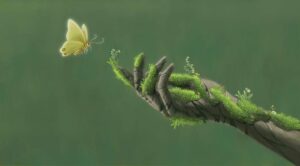
Being human is a strange experience. We have powerful cognitive and creative capacities available to us, such that we can shape our environment to an amazing extent. And yet, we struggle to make use of our understanding when we resent its implications and its limits.
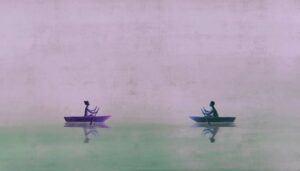
During the first lockdown in March 2020, I noticed how the outlines of leaves were sharper and the air I breathed, felt cleaner. The skies were often a beautiful shade of blue marked by the occasional white aeroplane trail, and there was a calming silence sometimes pierced by the sound of ambulance sirens.

Captain Kirk is crying on CNN. He is describing what he felt as he looked back at earth from the cold void of space. He says he was overcome, not with awe, but heartbreak. He was able to see just how rare and radiant our miracle planet is, how seemingly unique in the cosmos, and he was flooded with grief at our continued failure to protect her. I’m crying too.
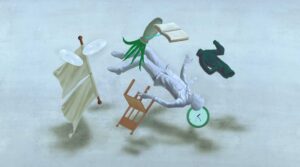
It’s the end of the week. British Columbians are in the midst of the third climate disaster of 2021. The first two were so called ‘heat bubbles’ one of which burned the town of Lytton to a crisp in 20 minutes. This week the town of Hope was inundated with more than 300 mm of rain in a 24-hour period from an ‘atmospheric river’.
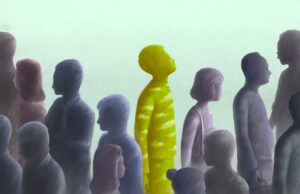
We find ourselves in yet another strange and scary holiday season. When I drove to Fairfax County Government Center last February to get my first shot of the Moderna vaccine, I was sure that something was going to impede me, someone was going to tell me they had run out, or I would not be allowed in, or I did not have the proper ID, or I’d shown up on the wrong day.
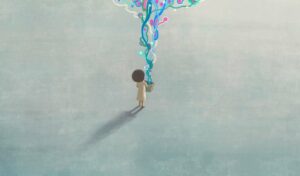
Working with children remotely has become commonplace during the pandemic, but it poses a specific challenge to the process: how to secure a confidential psychoanalytic space? In the office, the frame is a constant; therefore, any change stands out. Not so in a pandemic as everything is in flux. We may not even notice impediments to confidentiality.
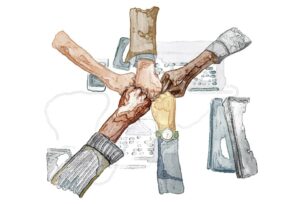
Without question, the pandemic years with their numerous local, national and international horrors, tragedies and injustices have taken a toll on us. An extra-ordinary time – and we are surviving it individually and collectively in many ways because of the on-going ordinary.

Being human is a strange experience. We have powerful cognitive and creative capacities available to us, such that we can shape our environment to an amazing extent. And yet, we struggle to make use of our understanding when we resent its implications and its limits.

During the first lockdown in March 2020, I noticed how the outlines of leaves were sharper and the air I breathed, felt cleaner. The skies were often a beautiful shade of blue marked by the occasional white aeroplane trail, and there was a calming silence sometimes pierced by the sound of ambulance sirens.

Captain Kirk is crying on CNN. He is describing what he felt as he looked back at earth from the cold void of space. He says he was overcome, not with awe, but heartbreak. He was able to see just how rare and radiant our miracle planet is, how seemingly unique in the cosmos, and he was flooded with grief at our continued failure to protect her. I’m crying too.

It’s the end of the week. British Columbians are in the midst of the third climate disaster of 2021. The first two were so called ‘heat bubbles’ one of which burned the town of Lytton to a crisp in 20 minutes. This week the town of Hope was inundated with more than 300 mm of rain in a 24-hour period from an ‘atmospheric river’.

We find ourselves in yet another strange and scary holiday season. When I drove to Fairfax County Government Center last February to get my first shot of the Moderna vaccine, I was sure that something was going to impede me, someone was going to tell me they had run out, or I would not be allowed in, or I did not have the proper ID, or I’d shown up on the wrong day.

Working with children remotely has become commonplace during the pandemic, but it poses a specific challenge to the process: how to secure a confidential psychoanalytic space? In the office, the frame is a constant; therefore, any change stands out. Not so in a pandemic as everything is in flux. We may not even notice impediments to confidentiality.

Without question, the pandemic years with their numerous local, national and international horrors, tragedies and injustices have taken a toll on us. An extra-ordinary time – and we are surviving it individually and collectively in many ways because of the on-going ordinary.
CIPS
SCHOLARLY
LIFE
CIPS
BOOK SERIES